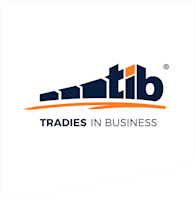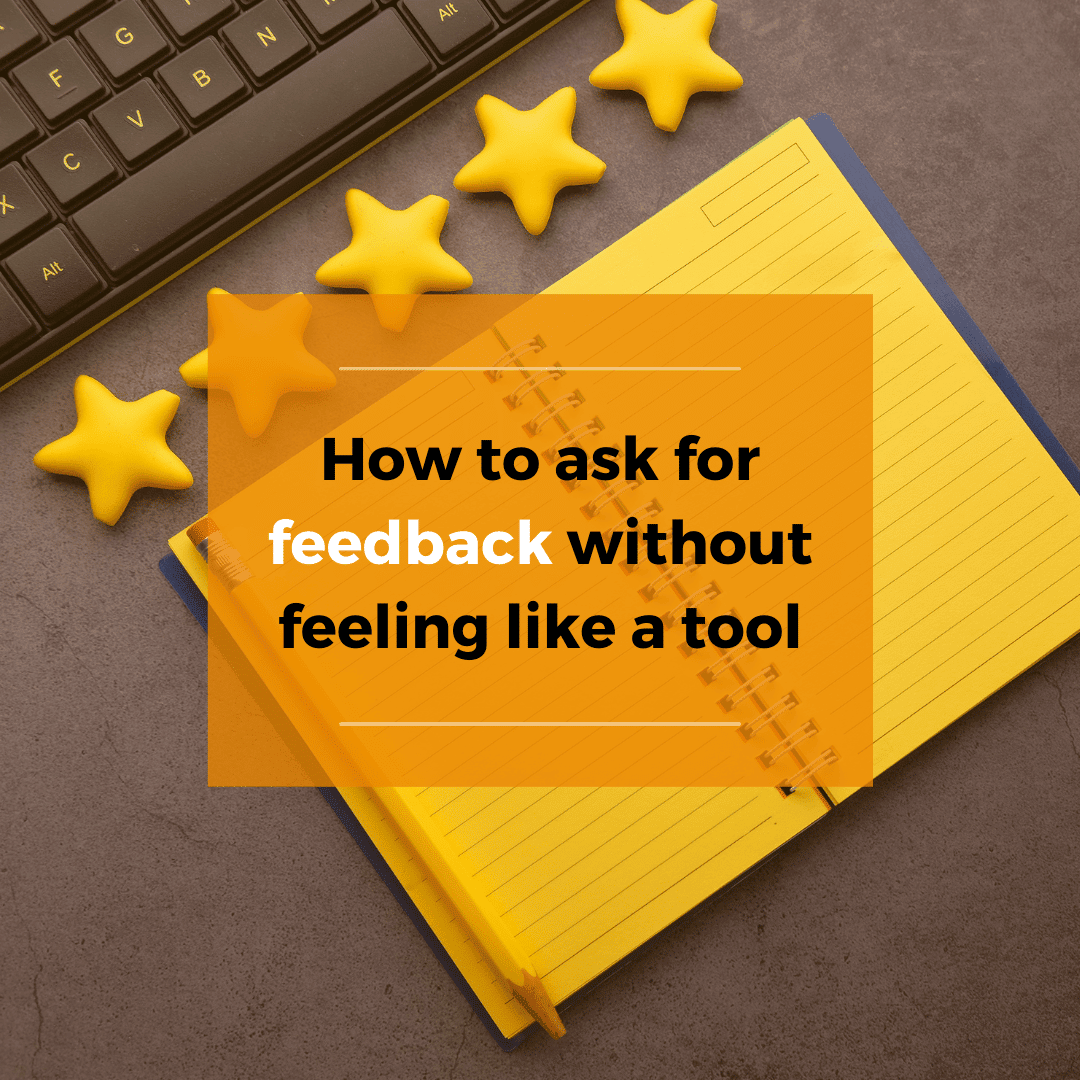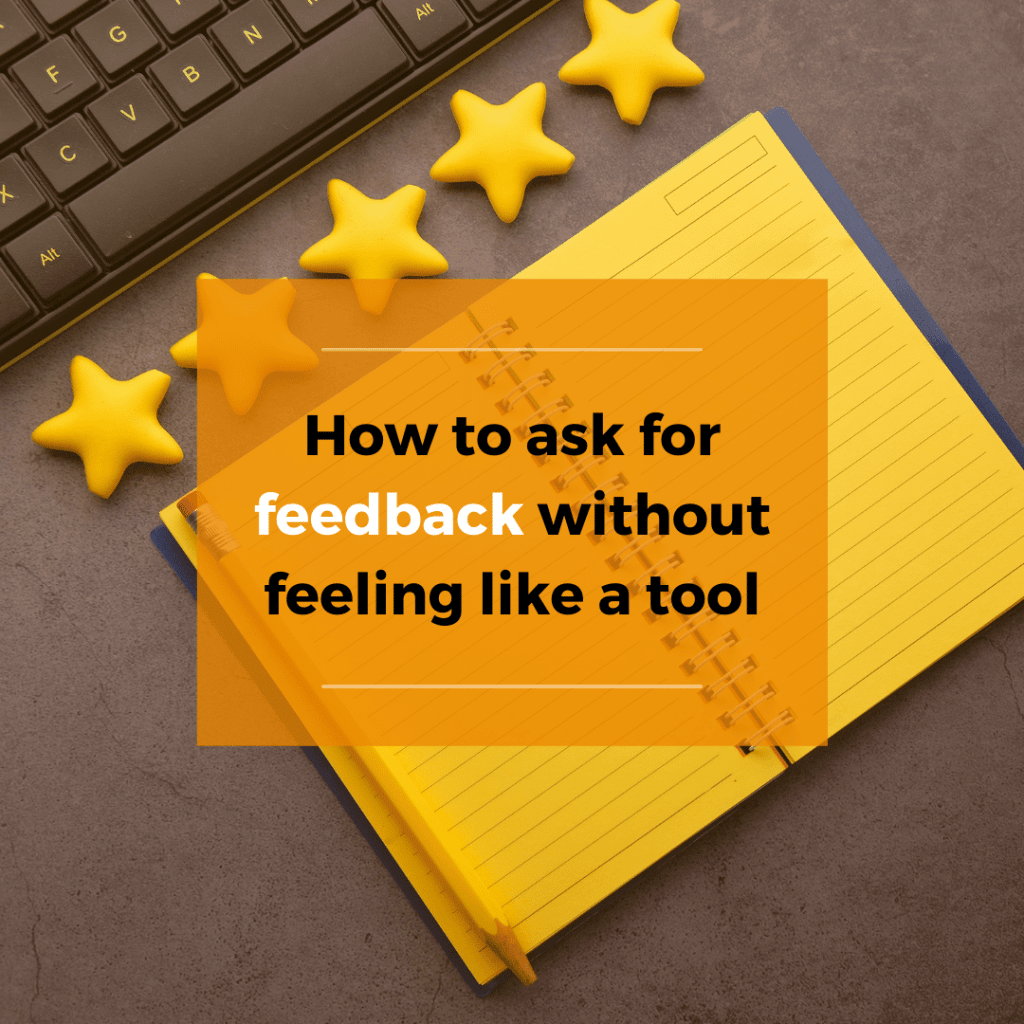We all know feedback can be useful but sometimes it can feel pretty awkward to ask for it. Maybe you don’t want to ask because even though you know you’ve done a stellar job, what if the client nit-picks or says something you don’t want to hear?
Here’s a no fuss guide to asking your clients for some constructive feedback naturally so you don’t feel like a tool.
1. Timing
Timing is everything! You don’t want to be asking a client what they think of the final product while there’s mess everywhere and you definitely don’t want to ask for a review when responding to a complaint! So, when DO you ask?
You can ask at multiple stages of your project and build this into your communications strategy.
When following up a quote, it’s a great idea to ask for some feedback whether the client is going ahead or not. If they aren’t going ahead, find out why! Tell them you understand but would really appreciate some feedback to know how you could improve in the future. Price too high? Competitor replied to their enquiry 30 minutes faster? They saw one of your vehicles driving erratically on the highway? This is a chance for you to learn and do better. It may also be a chance to switch sell them if their reasons are a bit bogus too.
After the job is done. You should always seek feedback at the end of a job. No, not 4 weeks later but within 2 days. Tell your client at the final check that they’ll get an email from the office with a quick survey and it’d mean a lot if they could take a few seconds to fill it out. Let them know it’s coming because no one likes a surprise (unless it’s a weekend away in Barbados all expenses paid).
2. How to ask
You have a few options here. In person you can make it seem nice and natural by saying something like “so, what do you think of (finished project)?” or “How did we go? Is there anything else we could do?”
Via email you can include a survey or jotform with targeted questions or, ask for open feedback directly in the body of the email with something like:
“We really value your opinion and want to make sure we’ve done our best for you. We would appreciate it if you could send through any challenges you had with us or the (project name) or, if there was anything that really impressed you, we would love to hear that too!”
3. What if it sucked….
Uh oh, you’ve had some negative feedback. No worries, it’s just time to learn. Give them a call or visit them in person (after scheduling a time of course). Have a chat and see how you can resolve any issues that have come up. If they were unhappy with the pricing, explain the costs to them better and realise you may need to work on your value sell, quoting or early stage communication more in the future. This is actually a great tool for you to grow your business into an even more successful one. Handle it like a gift (even if it feels more like a lump of coal at times).
4. You got a raver!
Yes! You’ve got a client who is singing your praises from the rooftops. Do you leave it there? No. Tell them how much good reviews mean to you and ask them if they’d be happy to chuck 5 stars and some nice words your way on Google or Facebook. Most of the time, they’ll say yes!
So, there you have it. Some natural ways to build requests for feedback into your sales process without feeling like a tool. You also know how to respond too.
Let us know what feedback was the most useful you ever received! Better yet, got any feedback for us?


